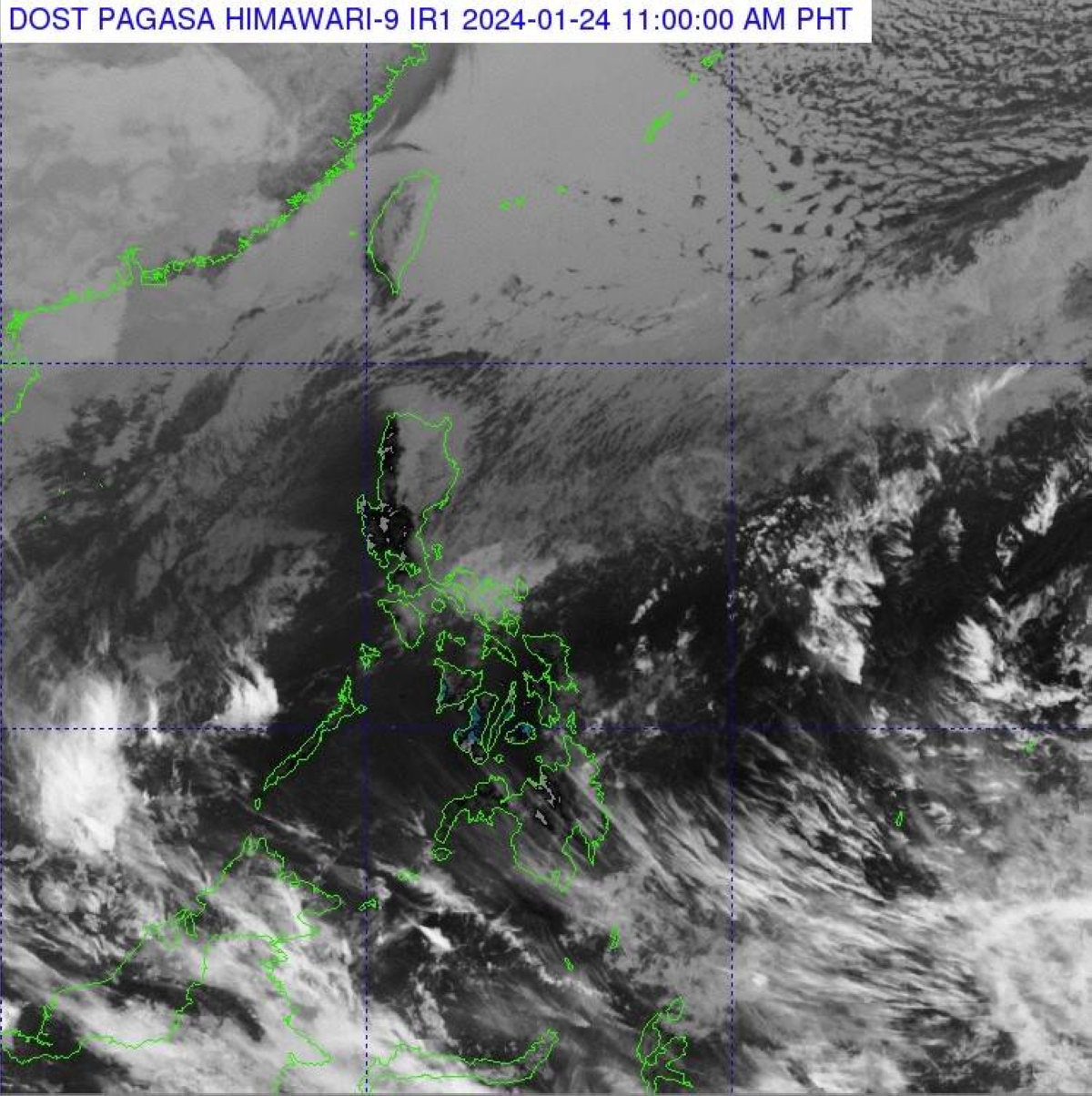MANILA, Philippines: The Philippine Atmospheric Geophysical and Astronomical Services Administration (Pagasa) has made the decision to decommission the names “Egay” and “Goring” from the regular set of names for tropical cyclones within the country’s area of responsibility. This decision comes as a result of the significant damage and loss of life caused by these two typhoons.
Pagasa administrator Nathaniel Servando explained the rationale behind this move, stating, “We decided to decommission these two names of typhoons due to the magnitude and extent of reported casualties and damage to houses, agriculture, and infrastructure they had brought to the country.”
According to disaster statistics from the Office of the Civil Defense (OCD), Typhoon Egay and the enhanced southwest monsoon, locally known as “habagat,” resulted in 30 deaths and caused damage to property amounting to P15.318 billion. Similarly, Typhoon Goring and habagat caused two deaths and led to damage to infrastructure and agriculture estimated at P2.421 billion.
In response to the decommissioning of Egay and Goring, Pagasa will introduce the names “Emil” and “Gavino” beginning in 2027. Pagasa follows a policy of retiring a domestic tropical cyclone name if its occurrence results in the deaths of at least 300 individuals or damages houses, agriculture, and infrastructure amounting to at least P1 billion, based on official reports from the OCD.
While the northeast monsoon, known as “amihan,” continues to bring isolated or scattered light rains over Northern and Central Luzon, weather specialist Rhea Torres assures that most parts of the country, including Metro Manila, will experience fair weather. However, there may be scattered heavy rains and thunderstorms, especially in the afternoon or at night, due to the same weather system and localized thunderstorms.
It is important to note that Pagasa’s decision to decommission the names Egay and Goring reflects the organization’s commitment to improving disaster response and management. By retiring these names, Pagasa aims to create awareness and emphasize the severity of these typhoons, which caused significant damage and loss of life in the Philippines.
The decommissioning of typhoon names is a significant step in recognizing the impact of these natural disasters and ensuring that future generations are aware of their destructive potential. It serves as a reminder to the public and policymakers alike of the need for preparedness and resilience in the face of tropical cyclones.
As the Philippines continues to face the threat of typhoons, Pagasa’s efforts to improve forecasting and response systems are crucial. By providing accurate and timely information about weather conditions, Pagasa plays a vital role in safeguarding the lives and livelihoods of the Filipino people.
In conclusion, the decommissioning of typhoon names “Egay” and “Goring” by Pagasa highlights the devastating impact of these storms on the Philippines. By retiring these names and introducing new ones, Pagasa aims to raise awareness and underscore the need for preparedness in the face of future typhoons. The organization’s commitment to improving disaster response and management is commendable, and their efforts to provide accurate weather forecasts are vital in protecting the lives and well-being of the Filipino people.







